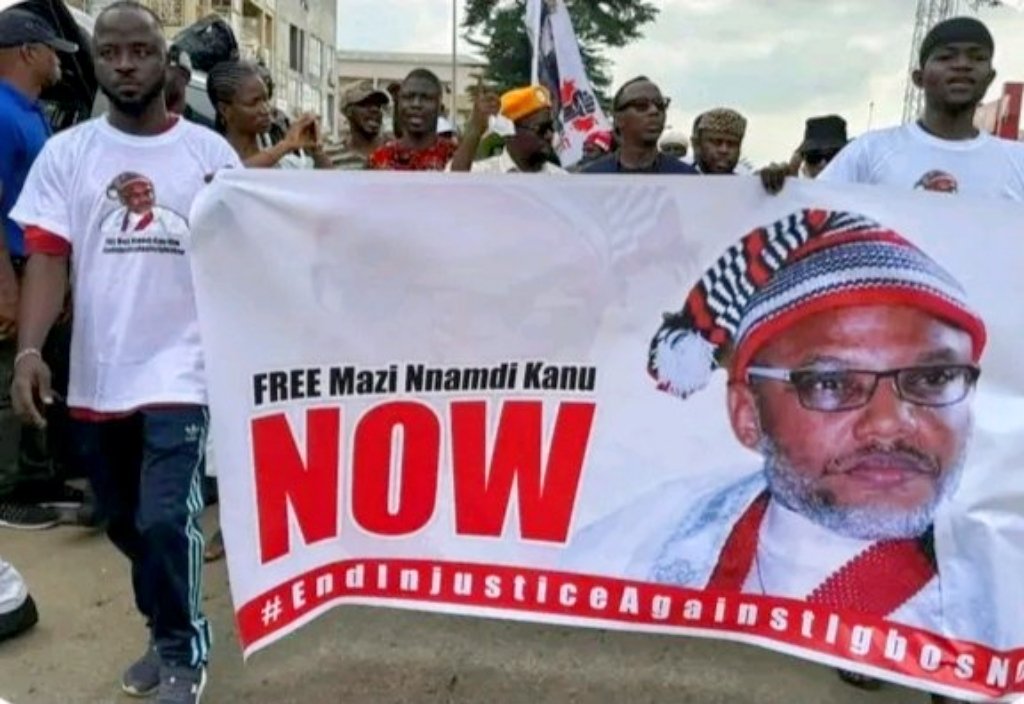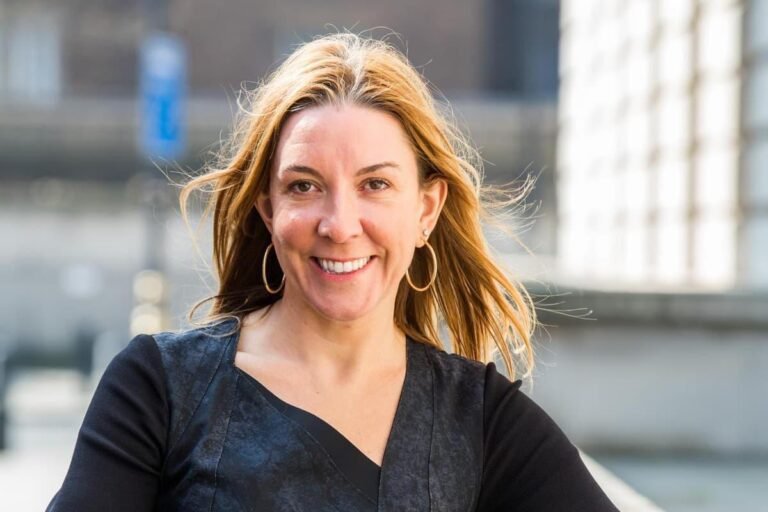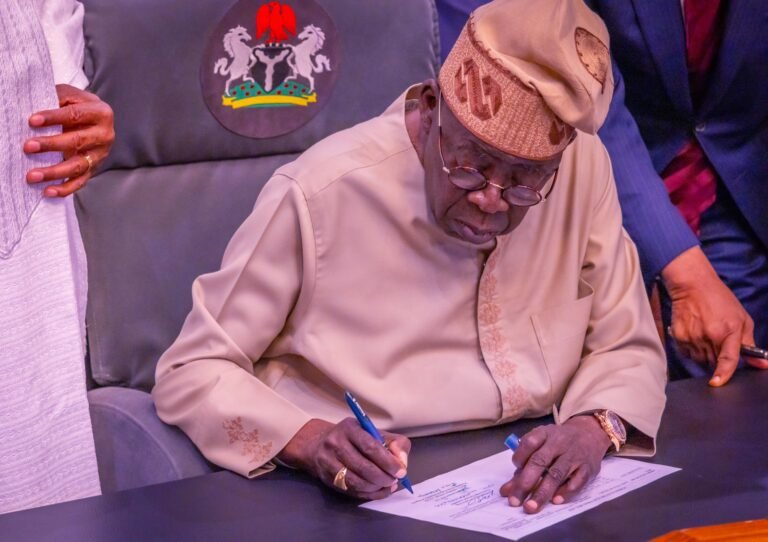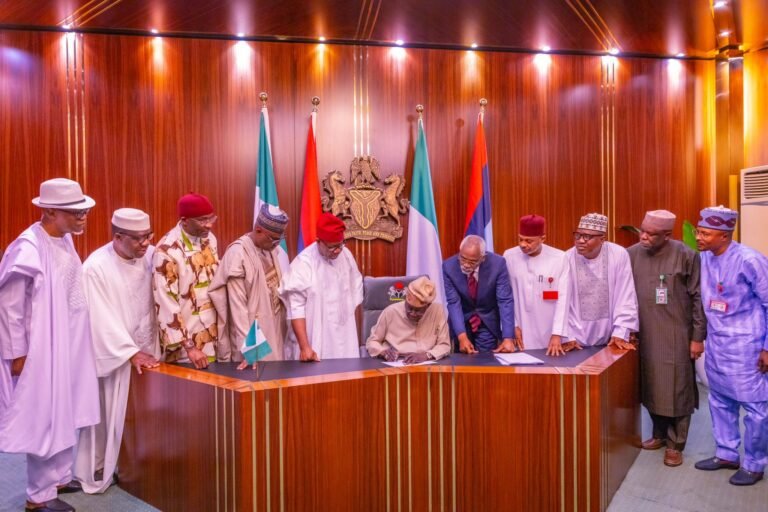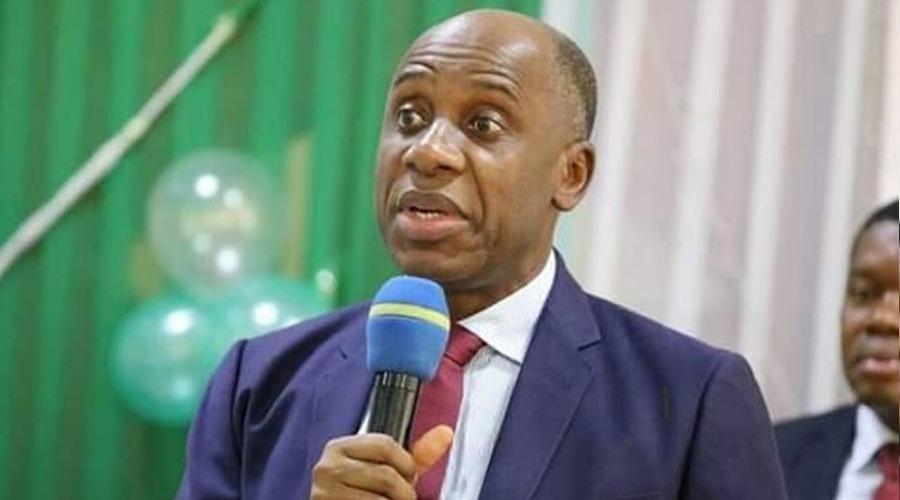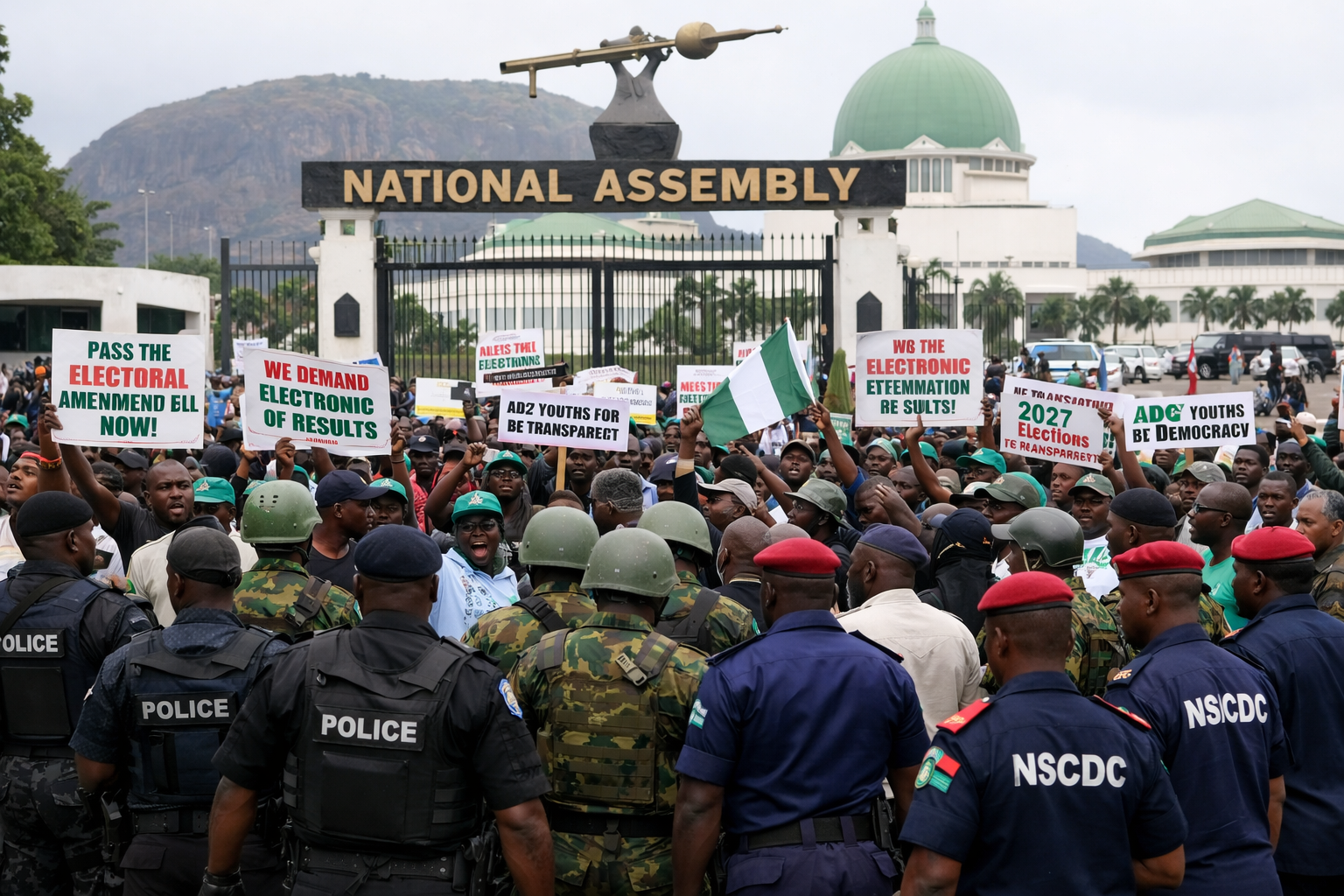A Federal High Court in Abuja has directed the remand of 12 individuals, including a prominent attorney representing a key separatist figure and a close relative of that leader, into the custody of Kuje Correctional Centre.
The ruling, delivered amid heightened security concerns over regional agitations, underscores the Nigerian government’s firm stance on public order violations during politically charged rallies.
The defendants appeared before Justice Binta Nyako on Monday, facing multiple counts related to their alleged roles in organizing and executing unauthorized assemblies in the Federal Capital Territory (FCT).
Court documents reveal accusations of conspiracy, incitement to violence, and disruption of public peace, stemming from events earlier this month that drew widespread attention due to their ties to broader autonomy movements in southeastern Nigeria.
Among those remanded is Ifeanyi Ejiofor, a seasoned legal practitioner widely recognized for his defense of Nnamdi Kanu, the detained leader of the Indigenous People of Biafra (IPOB).
Ejiofor, who has been vocal in advocating for Kanu’s release, was reportedly apprehended alongside others during a crackdown on gatherings perceived as threats to national unity.
Joining him in custody is Kanu’s sibling, identified in proceedings as a key organizer, highlighting the personal toll of the ongoing separatist discourse.
The group of 12, comprising activists, supporters, and alleged coordinators, was transported to the high-security Kuje facility immediately following the hearing.
Prosecutors from the Department of State Services (DSS) argued that the suspects posed an ongoing risk, citing evidence of coordinated efforts to mobilize crowds and propagate messages challenging federal authority.
“These actions not only breached existing prohibitions on such assemblies but also risked broader instability,” a DSS representative stated in court filings.
Defense counsel, led by Ejiofor prior to his own detention, countered by emphasizing the right to peaceful expression under Nigeria’s constitution.
They described the arrests as politically motivated suppressions of dissent, particularly in light of Kanu’s prolonged trial on terrorism-related charges since 2021.
“This is a clear attempt to silence voices calling for justice and equity,” one associate remarked outside the courtroom, where supporters gathered under heavy police surveillance.
The backdrop to these events traces back to intensified IPOB activities, including sit-at-home mandates and calls for a referendum on southeastern independence, which have intermittently paralyzed economic life in affected states.
Federal authorities have repeatedly banned IPOB, labeling it a terrorist organization, while human rights groups decry the detentions as disproportionate responses to legitimate grievances over marginalization.
Justice Nyako adjourned the matter to November 5 for further bail considerations, pending comprehensive investigations.
No pleas were entered during the initial appearance, as the accused were advised on their rights.
Legal observers anticipate vigorous challenges to the remand order, potentially escalating to appellate courts.
This development arrives at a tense juncture for Nigeria’s polity, with upcoming elections and economic pressures amplifying regional fault lines.
Civil society organizations have urged restraint, warning that prolonged detentions could fuel further unrest.
As the nation grapples with balancing security and freedoms, the fates of these 12 individuals may signal broader policy directions

